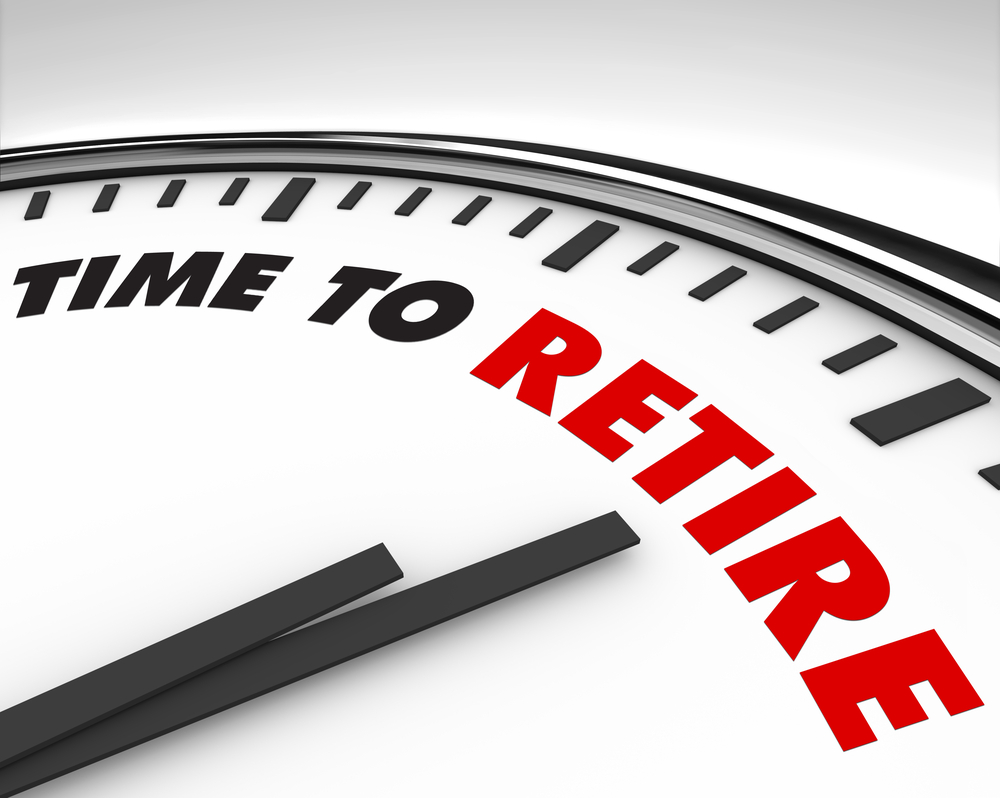More than 40% of Americans believe they’ll have to work into their 70s in order to have a comfortable retirement. 1 in 10 people think they’ll have to work into their 80s. Here are some of the top reasons people feel that they won’t be able to retire when they planned:
1. Feeling Financially Insecure
This isn’t just a retirement problem, but one that follows people their entire lives. When we don’t feel financially secure, it makes it more difficult to put away money for the future. Emergencies come up that can be very costly, so many people feel like they need to keep cash in hand to deal with those problems. With this mindset, it’s difficult to save because every penny might be needed to deal with the next crisis that comes up.
2. Lack of Health Insurance
Many people depend on their employer-provided health insurance because they have costly health problems that require frequent doctor visits and expensive medications. People in this situation simply can’t afford to retire because they will have difficulty finding other insurance with a pre-existing condition. People like this are forced to continue working until they qualify for Medicare, and if their treatments are not covered by Medicare, even longer.
3. Lower Social Security Payments
When Social Security was conceived, it was not intended to be a person’s only retirement plan. It was designed to be a supplement to retirement income, which would primarily come from other sources. Today, employers offer less help with retirement planning and Americans are saving less and less. They think Social Security will support them, but the truth is that the program can only provide a modest income. And as more baby boomers retire, Social Security is getting stretched even thinner. The only solution is to boost Social Security Payments by remaining longer in the workforce.
4. No More Pensions
Many years ago, if you worked for a company long enough, you could count on having a steady source of income in retirement. Those days are long gone. In the 80s and 90s, employer began phasing out pensions and switching to 401k savings plans. These plans require more active participation from the employee, and they also require the employee to set aside money on their own. 401k plans also carry a great deal of risk and are subject to the volatility of the stock market. All this adds up to an uncertain future for American workers who expect to be able to retire on time.
5. Too Much Debt
Easy access to credit has caused a debt crisis in America. Before 2008, banks were willing to lend money to basically anyone, and the fallout of those easy lending policies is drastically affecting people who want to retire. Homes that were worth a mint six years ago are now worth considerably less, and the mortgages cost more than the homes themselves. Credit card debt is another huge problem. All this debt forces Americans to work longer. Retiring with debt is a difficult proposition, but sometimes the cycle of debt is impossible to break.
6. Living Beyond Our Means
Many Americans are living a lifestyle they can’t afford. While they may get by when they’re still young, this lifestyle cannot be maintained in retirement. The problem is that many people aren’t willing to change their lifestyle in order to retire. Living the high life in retirement requires you to stash away a lot of money, but saving often takes a backseat to materialism. People that live beyond their means pre-retirement will find that they won’t be able to retire when they planned to.
7. Lack of Saving
For many households, saving is not a priority. Low income households are forced to stretch their income from paycheck to paycheck and can’t put away anything for the future. Wealthy households spend the money they make on bigger houses, cars and other status symbols. This leaves little room to build a nest egg. The truth is that people simply don’t value saving anymore. With a reasonable budget pre-retirement, anyone can build up an adequate retirement savings, but most people just don’t want to.





